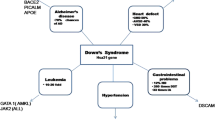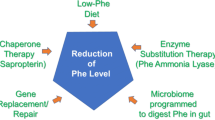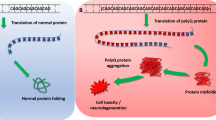Abstract
Mutations in the dihydropteridine reductase (DHPR) gene result in hyperphenylalaninaemia and deficiency of various neurotransmitters in the central nervous system, causing severe neurological symptoms. We studied two Japanese patients with DHPR deficiency and identified a missense and a splicing error mutation, respectively. A homozygous missense mutation (tryptophan36-to-arginine) was detected in patient 1. The mutation abolished DHPR activity according to in vitro expression studies. The DHPR mRNA in patient 2 was markedly decreased. Reverse transcription-polymerase chain reaction of the mRNA generated a cDNA fragment with a 152-bp insertion. The inserted sequence contained a termination codon, which was likely to affect the stability of the mRNA. Analysis of genomic DNA showed that the insertion was derived from putative intron 3 of the DHPR gene, and an intronic A-to-G substitution was present adjacent to the 3′-end of the inserted sequence. The nucleotide change generated a sequence similar to an RNA splice donor site and probably activated an upstream cryptic acceptor site, thus producing an abnormal extra exon.
Similar content being viewed by others
Author information
Authors and Affiliations
Additional information
Received: 18 February 1997 / Accepted: 29 May 1997
Rights and permissions
About this article
Cite this article
Ikeda, H., Matsubara, Y., Mikami, H. et al. Molecular analysis of dihydropteridine reductase deficiency: identification of two novel mutations in Japanese patients. Hum Genet 100, 637–642 (1997). https://doi.org/10.1007/s004390050566
Issue Date:
DOI: https://doi.org/10.1007/s004390050566




